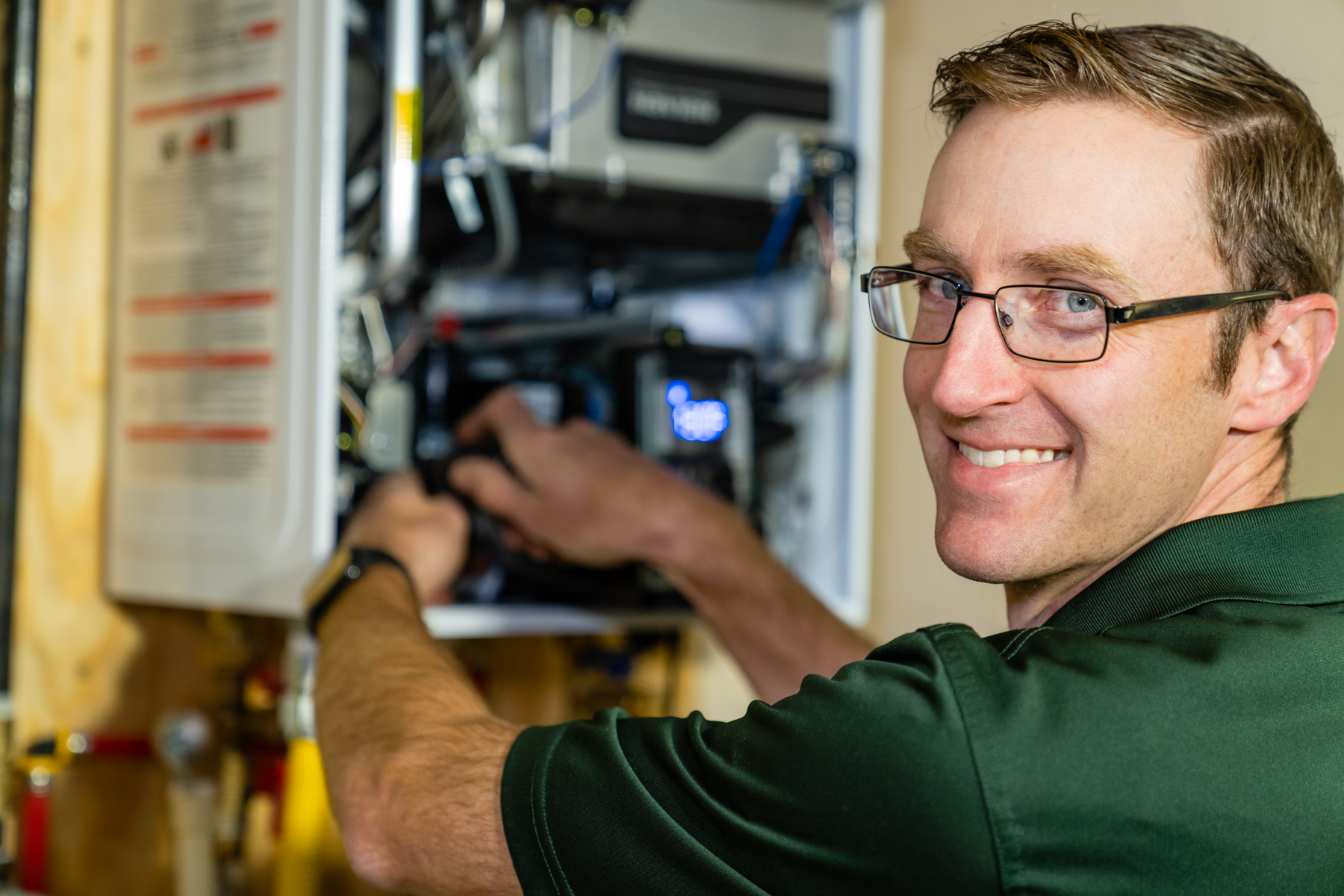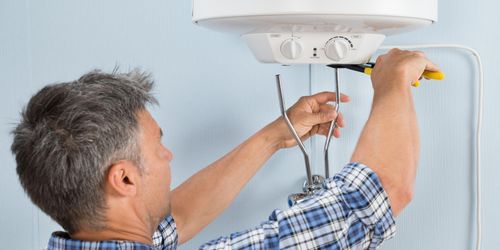Handling the Frequently Encountered Water Heater Emergencies
Handling the Frequently Encountered Water Heater Emergencies
Blog Article
Are you trying to find suggestions concerning The Importance of Water Heater Maintenance?

A hot water heater is among the most vital basic home appliances that can be located in a home. With water heaters, you do not require to go through the tension of home heating water manually every single time there is a demand to take a bath, do the laundry, or the recipes. There is always a possibility that your water heating unit would act up as with a lot of mechanical tools.
It is necessary to keep in mind any type of little malfunction and tackle it promptly before points get out of hand. Many times, your hot water heater starts to malfunction when there is a build-up of debris as a result of constant use. As a precaution, routine flushing of your water heater is advised to avoid debris accumulation and also stop useful failure.
Usual water heater emergency situations and also just how to handle them
Inadequate hot water
Managing an insufficient supply of hot water can be frustrating. It might be that the water heater can't support the warm water need for your apartment. To handle this issue, you might try to readjust your heating system's temperature level dial and also await a couple of mins. You can ask for the aid of a specialist plumber if the trouble lingers. You can upgrade your water heating unit to one with a larger capacity.
Changing water temperature level.
Your water heater might start creating water of different temperature levels typically ice scalding or chilly warm. In this situation, the first thing you do is to ensure that the temperature is readied to the wanted level. If after doing this, the water temperature level maintains changing during showers or various other activities, you might have a damaged thermostat. There may be a demand to replace either the heating or the thermostat unit of your hot water heater.
Leaking water heater container.
In this situation, you need to transform off your water heater, allow it to cool down, and carefully look for the resource of the trouble. At times, all you require to do is to tighten up a few screws or pipe links in situations of minor leaks. If this does not work and the leakage continues, you might require to utilize the services of a technician for an appropriate substitute.
Tarnished or stinky water
When this happens, you require to understand if the problem is from the water or the storage tank resource. If there is no amusing odor when you run cool water, after that you are certain that it is your water heating unit that is faulty. The stinky water can be caused by rust or the build-up of microorganisms or debris in the water heating system tank.
Conclusion
Some home owners overlook little warning and minor faults in their water heater unit. This only results in more damages and also a feasible full failure of your home appliance. You need to take care of your water heater mistakes as soon as they come up to stay clear of even more costs and unneeded emergency troubles.
With water heating systems, you don't need to go via the stress of heating water manually every time there is a requirement to take a bathroom, do the washing, or the meals. It may be that the water heating system can not sustain the hot water demand for your home. Your water heating system could begin creating water of different temperatures typically ice hot or cool hot. If there is no funny smell when you run cold water, then you are certain that it is your water heater that is malfunctioning. The odiferous water can be triggered by rust or the build-up of microorganisms or debris in the water heater container.
Common Water Heater Issues and What You Should Do
What Type of Water Heater Do You Have?
Before we begin it’s first important that you identify the type of water heater you have on your property. There are two main types of water heaters out there: conventional and high efficiency.
Both of these types of products typically use either gas or electricity to heat power. There are also solar water heaters that use a thermal collector on the roof or yard to heat the water.
While these models are not as common, they can cut heating costs in half. In this article, we will focus on conventional and high efficiency.
How Do My Electric and Gas Water Heater Work?
Though they look similar, electric and gas water heaters work very differently. It’s important to know their basic function because often problems can be specific to the heating source.
In the electric model, a thermostat on the side of the machine detects the temperature of the water in the tank. When the temperature needs to rise electricity flows to a heating element suspended in the water.
Gas models also use a thermostat device — typically with a mercury sensor at the tip and an additional sensor called a thermocouple. The thermocouple detects whether the pilot light is on and controls the flow of gas.
When the thermostat drops below the appropriate level gas is released which becomes ignited by the pilot light. The flame heats the bottom of the water tank which causes hot water to rise and cold water to drop.
This natural circulation continues until the water reaches the desired temperature. Then, the thermostat triggers the gas control valve to shut off the flow of gas.
What Are the Most Common Issues and How Do You Fix Them?
https://happyhiller.com/blog/common-water-heater-issues-and-what-you-should-do/

I stumbled upon that article about Common Hot Water Heater Problems while doing a lookup on the web. Enjoyed reading our write up? Please share it. Let another person check it out. Many thanks for your time. Visit us again soon.
Urgent plumbing issue? Connect now. Report this page